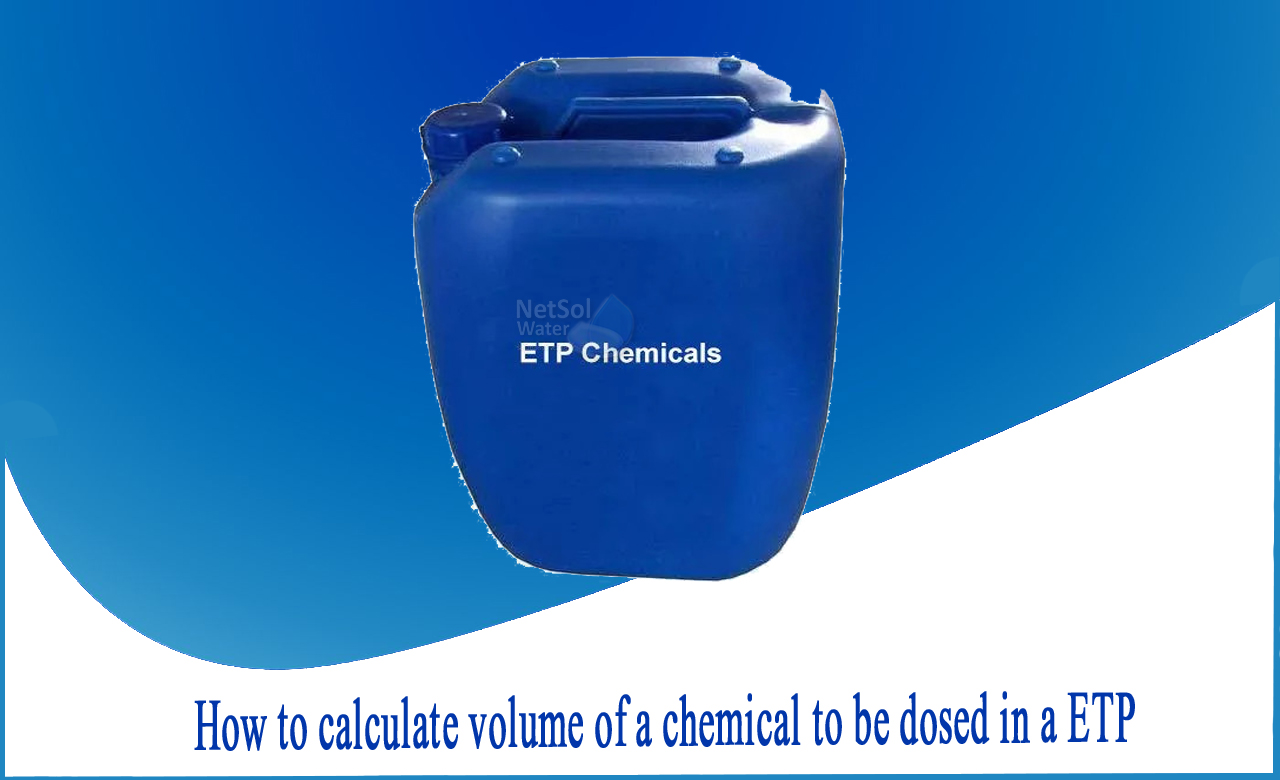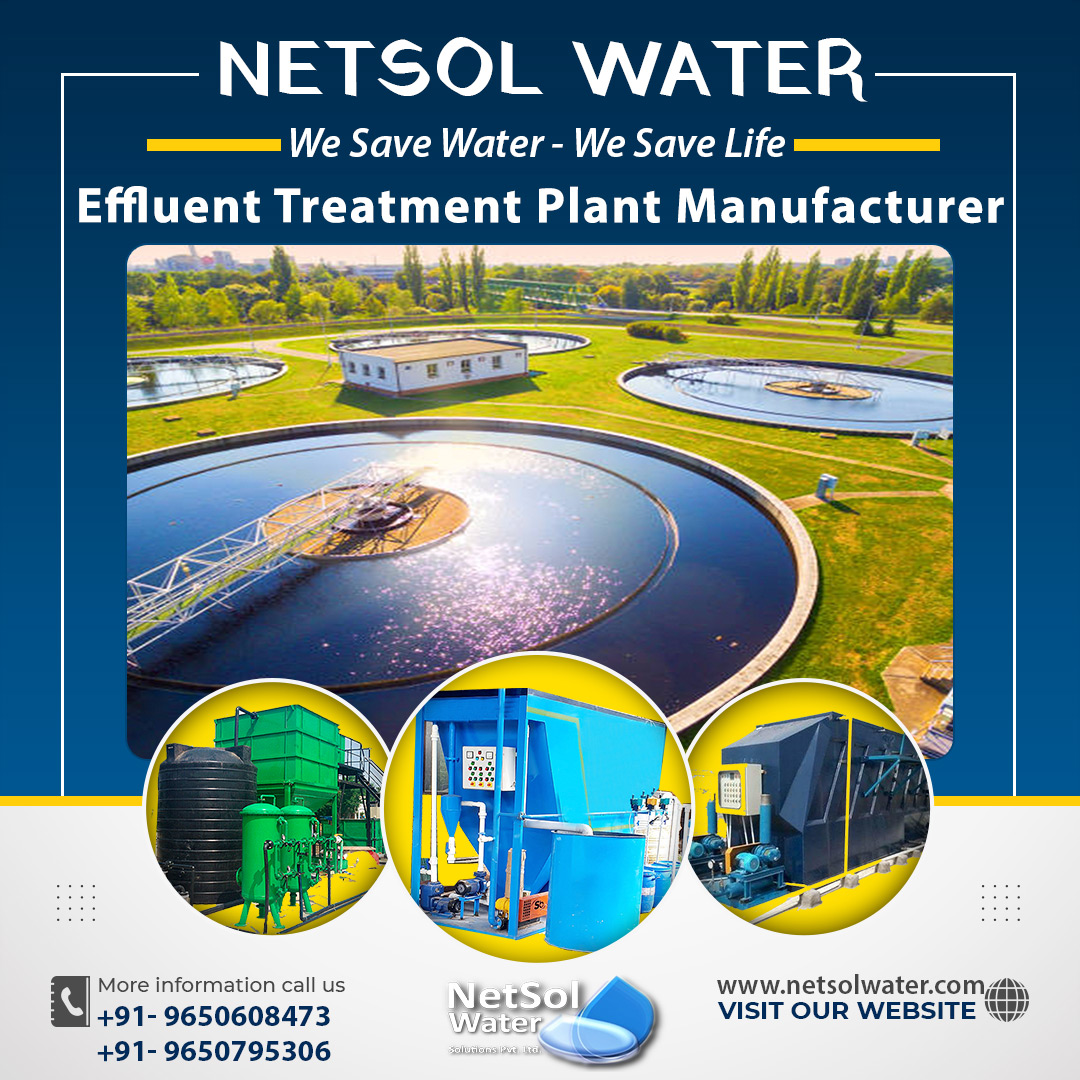Intoduction
Chemicals have been employed in wastewater treatment plants for decades to improve or enable a variety of processes. In order to produce safe and palatable drinking water, water treatment plants use a wide range of chemicals. They are critical in regulating process performance and generating high-quality water.
Chemicals are employed in the treatment of water in the following ways:
i) Error correction (turbidity reduction)
ii) Disinfection
iii) Controlling odour and taste
iv) Controlling algae
v) Controlling corrosion and scaling
vi) Softening of water
vii) Fluoridation
How is selection of a specific chemical done?
Pilot-plant testing of the specific source water is typically used to determine the initial selection of specific chemicals and predicted feed rates for a given application.
The water treatment plant designer normally conducts pilot-plant tests by building a small-scale treatment plant at or near the source of supply. Pilot tests provide useful information to both the designer and the operator of a treatment plant on the treatability of a specific source of supply under a variety of water quality conditions.
Operators should be well-versed in the various types of chemicals used in water treatment, as well as specialized chemical selection and applications, performance evaluation methods, and safe storage and handling techniques. All chemicals have the potential to be hazardous, therefore take all essential measures before using them. Precautionary labelling should be present on all containers, regardless of their intended purpose.
How chemical treatment process is regulated?
Other than dissolved metals, untreated water may contain contaminants that interfere with treatment technologies. The variable speed, multiple station Jar Test Apparatus is the single most valuable tool in operating and regulating a chemical treatment process.
Various substances and/or dosages can be tested at the same time and the findings compared. Tests provide strong indicators of treatment chemical dosage and concentrations, but they should be followed by full-scale laboratory testing.
Factors on which chemical dosage depends
Many factors influence the amount or dosage of a precipitant, coagulant, or flocculant that is required to precipitate and remove compounds from aqueous solutions. These factors include:
a) The concentration of a substance in a solution,
b) The pH of the solution,
c) The chemical used to modify the pH,
d) Different types (and concentrations) of substances present,
e) Quantity and types of complexing agents present,
f) Quantity and types of residual oxidizers present,
g) Coagulants and flocculants utilized,
h) Chemical addition sequence.
How to calculate volume of a chemical to be dosed in a ETP?
Feed Rate is a term that can be used to describe two separate parameters:
1. The amount of a chemical that is needed to cause a change in water: The Feed Rate is measured in pounds per day (lb./day). This can be used to figure out how much chemical is required for a day in tank or a larger batch.
2. The amount of chemical that is provided by a feeder:Feed Rate in Pounds per Hour is the term used to describe this. This type of data can be utilized to set up a web-based procedure.
Feed rate equation
Chemical application rate, lbs./day = (Flow, MGD) x ( Chemical dosage, mg/L) x 8.34
Note: Remember, do not deal with a chemical unless you are aware of the risks associated with its use and have the proper protection equipment on hand. If you have any questions about safe practices for specific substances, contact your local safety regulating agency.
Are you looking for the most cost effective solution for your water or wastewater?
If that's the case, contact Netsol Water! Our ETP solution purifies wastewater so that it may be reused and safe water can be released into the environment. For effluent treatment, we have a dedicated team of experts. Because each industry produces different types of waste water, the process is tailored to meet the needs of each client.
If you need any technical assistance and guidance, or simply have a query regarding our water and wastewater treatment technology solutions,




